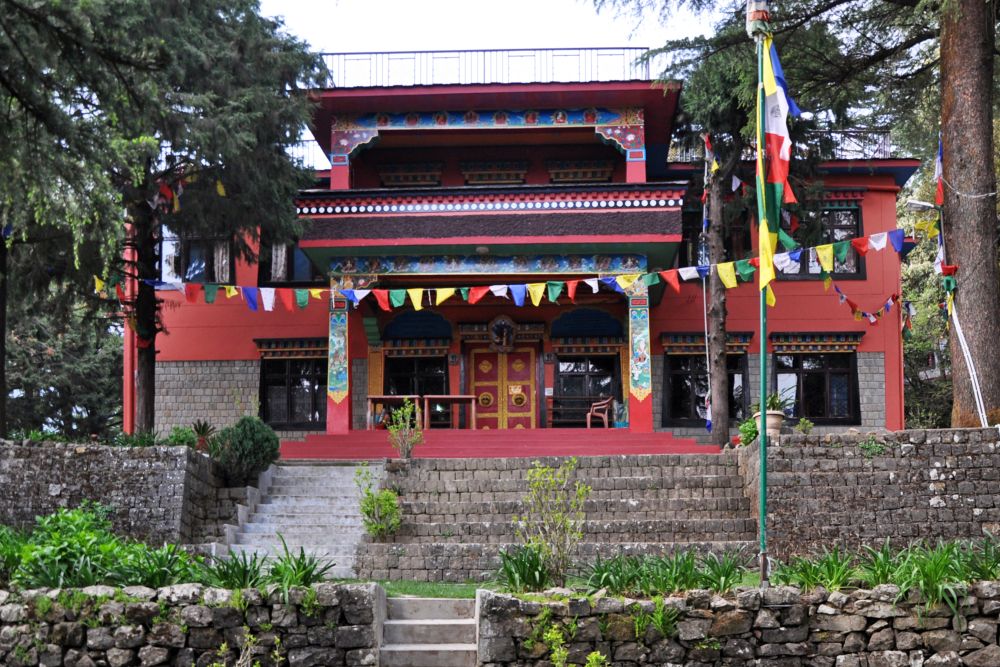

Dharamshala, located in the Kangra Valley of Himachal Pradesh, India, has become a vibrant center for both culture and spirituality. Tushita Meditation Centre, situated amidst the serene hills of Dharamshala, is a well-known destination for those seeking peace, spiritual growth, and an understanding of Buddhist teachings.
Tushita Meditation Centre was established in 1972 by Lama Thubten Yeshe and his disciple Lama Zopa Rinpoche. The primary aim was to provide a conducive environment for the study and practice of Buddhism in the Tibetan Mahayana tradition. Since its inception, Tushita has grown significantly, becoming a sanctuary for thousands of seekers from around the world.
The nearby residence of His Holiness the 14th Dalai Lama has made Dharamshala a magnet for tourists and Buddhism practitioners, which further increased Tushita's prominence. Many visitors to the area combine their pilgrimage to the Dalai Lama's temple with courses and retreats at Tushita Meditation Centre.
Tushita offers a variety of programs, including introductory courses on Buddhism, intermediate-level philosophical teachings, silent meditation retreats, and advanced courses for practitioners with more experience. These courses have been integral in spreading awareness and education on Tibetan Buddhism globally.
The establishment of Tushita Meditation Centre has played a significant role in the development of Dharamshala as a tourist destination. Its presence has influenced the local economy by attracting international visitors and supporting the growth of local businesses catering to spiritual tourists.
With the rise of wellness tourism, destinations like Tushita Meditation Centre have seen a surge in popularity. Visitors are increasingly seeking holidays that offer mental and spiritual well-being, alongside the opportunity to explore local cultures and natural beauty.
In recent years, focus has also been placed on sustainable tourism. Tushita Meditation Centre aligns with this trend by promoting eco-friendly practices, such as vegetarianism and mindfulness towards the environment, to ensure that tourism benefits, rather than harms, the surrounding area.
Despite its success, Tushita has faced challenges such as the need to balance the influx of tourists with preserving the tranquility of the retreat environment. They have adapted by scheduling structured courses and requiring advance registration to manage visitor numbers and maintain the quality of the spiritual experience.
The Covid-19 pandemic brought about temporary closures and a shift to online teachings. However, the centre has begun to reopen with measures in place to ensure the safety and well-being of its visitors and the local community.
Tushita Meditation Centre continues to be a beacon for those looking for a refuge from the chaos of the modern world. It remains a testament to the power of spiritual tourism in transforming both individuals and the places they visit.